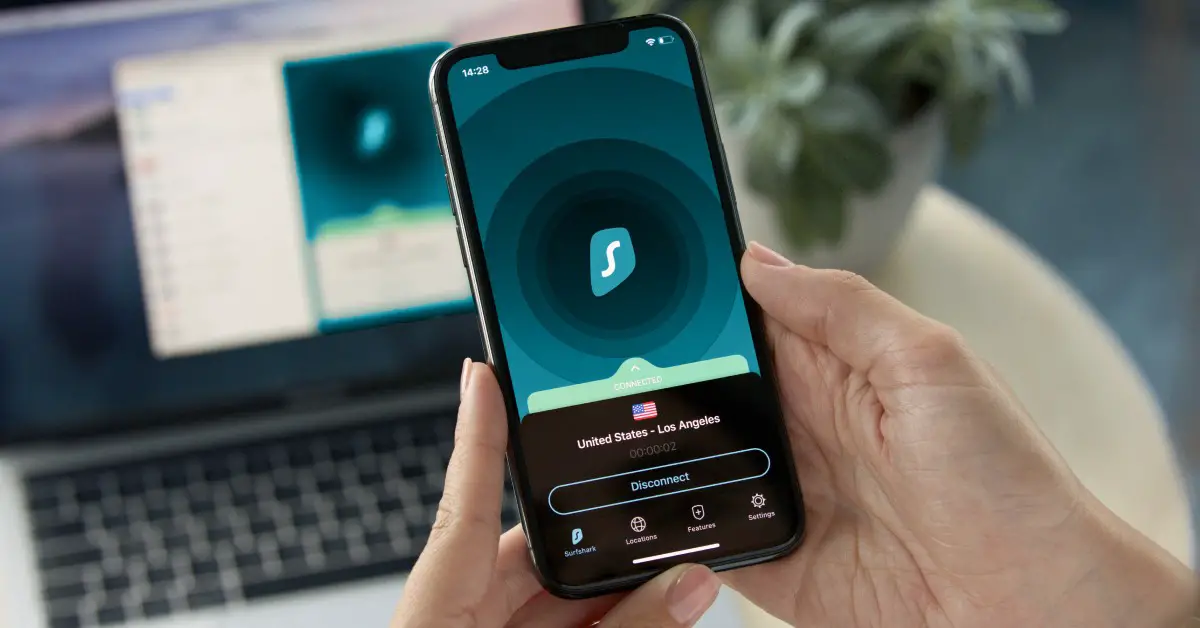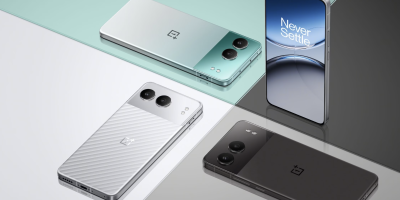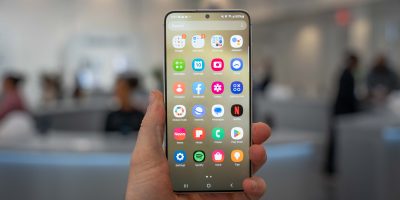These days, there are a ton of online threats. More and more bad actors are targeting mobile users now and it’s not surprising. Given how much time we spend on our phones, and how much sensitive data, like banking and personal information, are on our devices, it’s a treasure trove of data that hackers and scammers can’t wait to access. This is why getting yourself a VPN like Surfshark is a good idea, and here’s why.
Better privacy and security
Your internet service provider can glean a lot of information from you. This is because whenever you do something online, like load a website, that request is first sent to your ISP who then relays it to the website’s server. This means that your ISP probably knows what websites you’re visiting, when you visit it, and how many times you visit it.
Even though you might not be doing anything illegal, we’re sure that there are many of you out there who might not be comfortable with that notion. This is why a VPN can help protect you online in terms of privacy and security.
When you use a VPN, the request you make is first routed through the VPN’s servers. That request is then sent to your ISP from your VPN. Even though your ISP still knows what kind of request is being made, they won’t be able to tell that it’s you specifically since it’s coming from the VPN’s servers.
But what about the VPN? Won’t they know? Since data is being sent to their servers, it makes sense. Luckily, Surfshark believes in user privacy and that’s why they keep their VPN services log-free. This means that they don’t keep any logs on user activity or collect information that could potentially identify you or what you do online.
Bypass region locks
Perhaps one of the more obvious uses of a VPN is to bypass geo restrictions. Many companies and services around the world put geo restrictions in place for a variety of reasons. There could be legal or licensing issues which is why some movies, songs, or TV shows aren’t available in some parts of the world.
Since a VPN allows you to make it seem like you’re in a different part of the world or city, it can sometimes trick a website or online service into unlocking content. This is useful for streaming services like Netflix where depending on where you live, it will display different types of content.
It isn’t limited to just entertainment. It can also be useful when it comes to banking. Some banks have geo restrictions in place so if you’re in a foreign country, you might not be able to access its services. If there is an emergency and you need to do some online banking, a VPN can help with that.
Protect sensitive data
Speaking of online banking, you might feel a bit iffy performing financial transactions online, especially in a foreign country or if you’re on public WiFi. You never know who could be trying to sniff your username and password.
Another feature of VPNs is that it is capable of protecting your data. In fact, data encryption is one of the main selling points of a VPN. Data transmitted through a VPN server is generally encrypted which means that even if it is intercepted, the attacker won’t be able to read it.
This is why there are people in certain professions, such as journalists, who might benefit from using a VPN. This is to protect the content they are writing from prying eyes, like a local government or law enforcement agencies.
No more throttling
Generally speaking, most ISPs are against piracy. This means that by right, certain apps and services like torrents shouldn’t be allowed. But since torrents and P2P software have legitimate uses other than piracy, it wouldn’t be realistic for ISPs to block them. The next best thing is for them to throttle your bandwidth when they detect such apps are being used.
By using a VPN, you can actually encrypt your internet traffic. This means that your ISP has no idea what type of data you’re accessing, which means that in the event you use an ISP that throttles torrents or P2P software, you can get around that with a VPN.
Goodbye tracking
Last but not least, another good reason to use a VPN is that it stops you from being tracked. A lot of websites use cookies to track your activity. It used to be that these cookies would track your activity within the site itself, but nowadays it’s being used to track you across the internet.
This in turn allows advertisers to learn about what you like and create ads tailored to your preferences. It’s extremely invasive, which is why a VPN can come in handy if you’re not a fan of this practice. This is done by hiding your IP address and location. For example, if your IP address and location were to giveaway the fact that you’re in Singapore, you would get ads from Singaporean companies.
But if your location and IP address were hidden through a VPN’s servers, you would still get ads, but they would be more generic and less personalized (read less creepy).
[This article was written in collaboration with SurfShark]











Comments